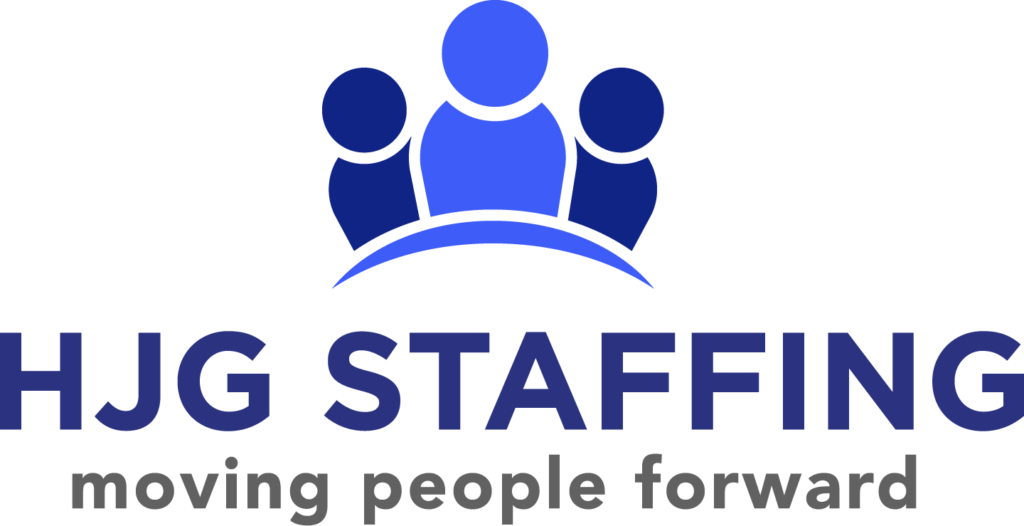May is Mental Health Awareness Month, and while this month serves to remind us of the importance of checking in with ourselves and others, it is still necessary to continue practicing self-care and check-ins throughout the year. While most workers receive some type of vacation and paid time off, the percentage of people who utilize this time is low. According to a study conducted by AFAR in 2019, “36 percent of Americans took their last vacation more than two years ago, and more than half (at 51 percent) haven’t taken a trip in a full year.” The reasons for this vary, from finances to work obligations to unwillingness to take time off work.

Furthermore, some individuals are still wary of travel amongst Covid-19. However, time off from work doesn’t necessarily involve travel or elaborately planned trips. In fact, some people report that vacation can leave them more tired, even if it was enjoyable. The goal of taking days strictly dedicated to mental health is to rest and reset the mind, to find peace and possibly even “flow state” among the stress and chaos we cannot control.
Jenna uses some her paid time off days for her mental health. “As a working mother of 3 kids, life can get very hectic. I usually choose a day where my children are at school and focus on filling my day with activities I genuinely enjoy and lots of resting.” As Jenna outlines, the wonderful thing about mental health days is there is no structure or rules to follow. Mindfully choosing activities that make you feel energized, positive, and relaxed is the key, and this looks different for everyone.

For instance, David, an Insurance Broker, takes a day or two off every few months to go fishing at a local spot. Fishing allows him to be among nature and clear his mind for hours at a time with no interruption. On the other hand, Brooklyn, an interior designer, chooses to spend her mental health days catching up on reading and choosing a more elaborate recipe from her favorite cookbook.
The way we care for ourselves and decompress will look different from person to person, and that’s okay. Often, we hear self-care and think of baths, face masks and journaling. While these actions are effective for some people, for others, they are unenjoyable. Therefore, it is important to truly use your time off exactly how you prefer.
Another important element to mental health is rest. In American culture, productivity is praised and ingrained in the general consciousness of working individuals. This phenomenon causes many of us to feel guilty when we rest, focusing on all the things we could be doing. While it can be difficult to truly allow ourselves to rest, it is imperative to our well-being. Resting doesn’t always mean sleeping or napping, either. Resting can look like watching your favorite movie, meditating, or anything that relaxes the mind and body. According to Forbes, “breaks are brief cessations to work, physical exertion, or emotional stress. They promote mental health, boost creativity, increase productivity, promote well-being, reduce stress, improve mood, and strengthen relationships.”

For Gene, resting looks like plugging in his headphones and listening to his favorite albums, uninterrupted. For Maggie, it’s lightly stretching and listening to guided meditations, and for Ramon, it’s painting on his balcony. These activities can even help an individual enter what is known as “flow state,” where the person is fully immersed in an activity, enjoying the process with full focus. These types of activities reset the mind and body and create space for joy and healing.
While weekends and even weekdays can be used for self-care and mental health check-ins, most individuals have other tasks and responsibilities. Taking time off for a mental health day means centering that day around doing what truly helps you feel better and rejuvenate. It is important to remember that household tasks and chores will always be present and can be completed later. However, cleaning and tidying can be an act of self-care for some.

For instance, some individuals with ADHD might use part their self-care day to tidy up their space, which helps bring clarity and peace to their mind. Whatever you choose, make sure that it’s something that genuinely helps you unplug. Cleaning might feel like a task you should do, but if it’s something that won’t enhance your well-being on your day off, then it is wise to set aside cleaning for the following day or another time.
Ultimately, when we choose to prioritize our mental health and give ourselves extended time to do what we want, we send a message of love and care to our minds and bodies. In a world of chaos and stress, it is no wonder that 1 in 5 US adults live with a mental illness (National Institute of Mental Health). While taking a singular day or a couple days off may not seem like a lot, over the course of time, it can make a significant and positive impact. Some people are so burnt out that an entire day of resting can be a total reset. For others, making time for hobbies and fun activities is a way to prioritize joyful living. Whatever you choose, try to create the space for guilt-free self-care. In a world where mental health issues are consistently on the rise, it is more important than ever to make time for healing and actively prioritizing our overall welfare.




